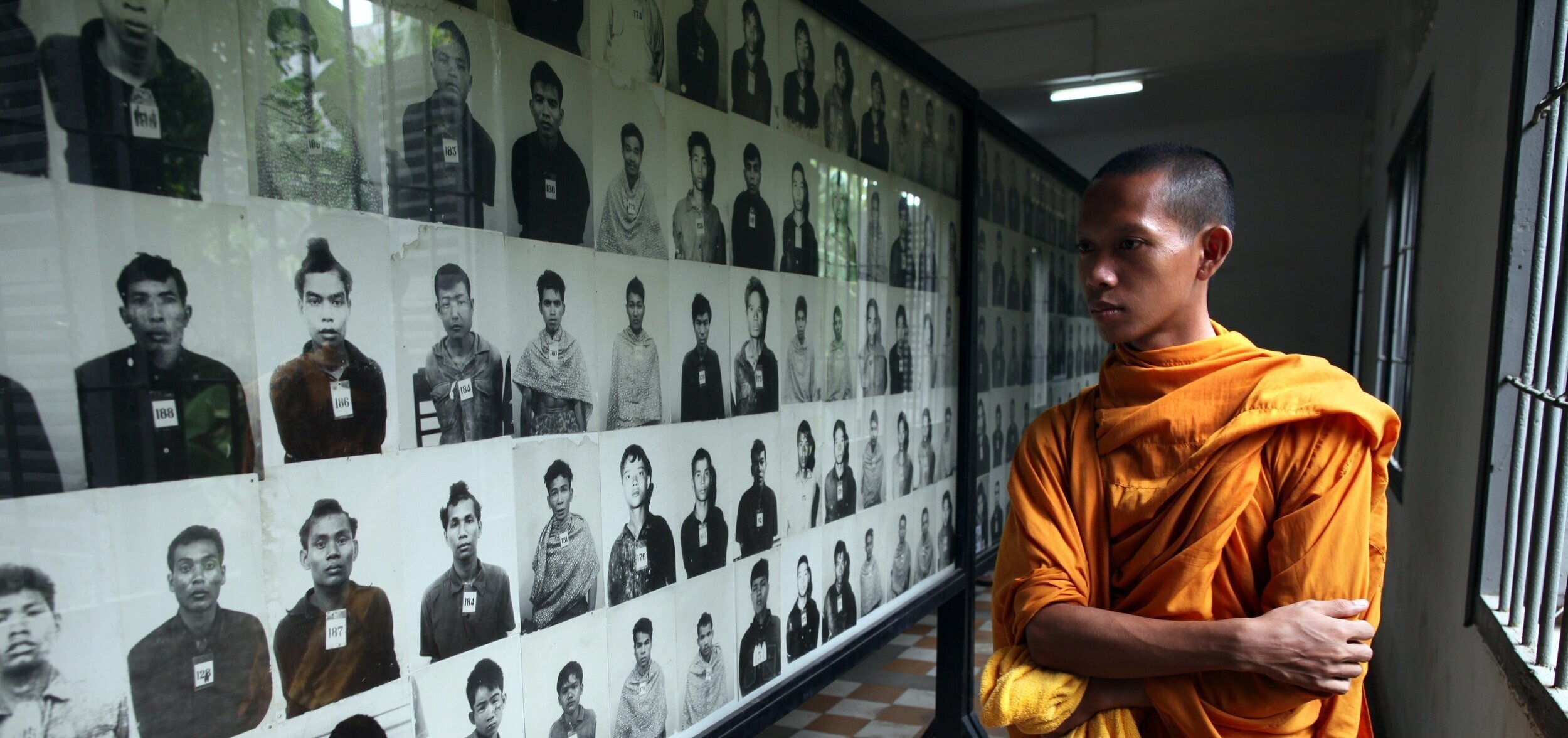
A research blog on genocide and mass atrocity prevention, transitional justice and the political dynamics of mass atrocity crimes.
Resistance against Mass Atrocities Perpetrated by Jihadist Militants
Civilians have resisted atrocities committed by jihadist militants through different strategies such as political alliances and violent resistance. These strategies raise important questions related to the dynamics of resistance and escalation.
Resistance to Mass Atrocities in the Americas
Mass atrocities in the Americas have been resisted through transitional justice mechanisms, self-defence groups and non-violent mobilization. This workshop addressed civilian resistance to atrocities in Chile, Peru, Colombia and Mexico.
Resistance to Mass Atrocities in Southeast Asia
This workshop addressed past and present atrocities in Southeast Asia, and how civilians have mobilized to resist them. Resistance to atrocities in Southeast Asia has manifested in the form of disobedience, survival, flight, insurgence, and civil society mobilization, among others.
The Role of Religious Leaders in Mass Atrocity Prevention
This post sheds light on the role of religious leaders in atrocity risk situations. While the role of non-state actors in crisis scenarios has gained considerable attention internationally, the specific contributions of religious leaders to atrocity prevention have been predominantly studied in the closely-related field of peacebuilding.
Freedom of Religion or Belief and the Responsibility to Protect
This blog entry explores the different manifestations of religion and belief systems in mass atrocity dynamics, and illustrates the relevance of R2P and atrocity prevention to the freedom of religion and belief (FoRB) agenda.
The mass atrocities against the Rohingya: Challenges to R2P
The case of the Rohingya in Myanmar raises some questions that go to the heart of scholarly and political discussions over the responsibility to protect (R2P).
Freedom of religion or belief (FoRB) and the Rohingya
Many have identified FoRB as a political instrument that could help ease the crisis for the Rohingya. Such an emphasis on religious freedom may not be helpful.
Risk assessment and early warning systems
Several systems of risk assessment and early warning of mass atrocities exist, and atrocity crimes such as genocide and political mass violence rarely come as a complete surprise.







